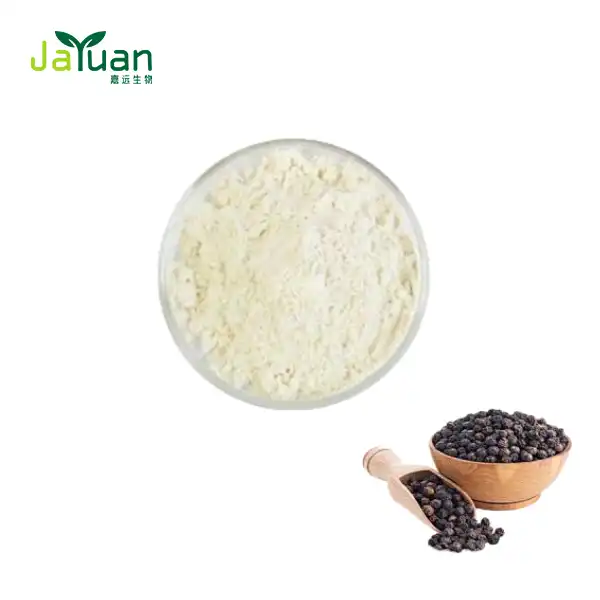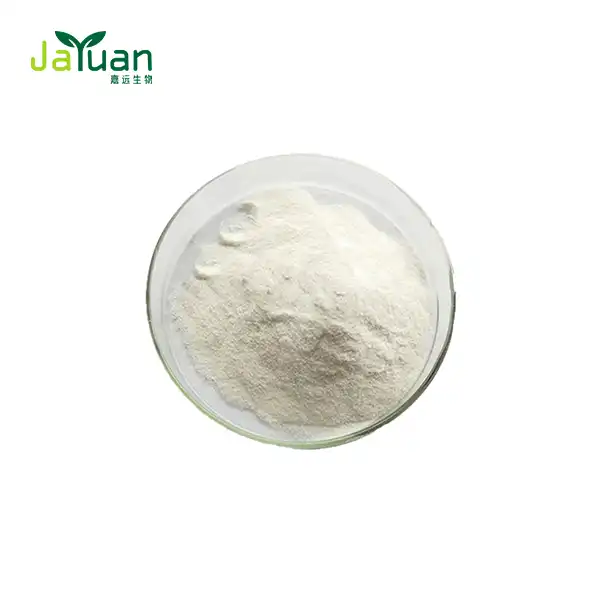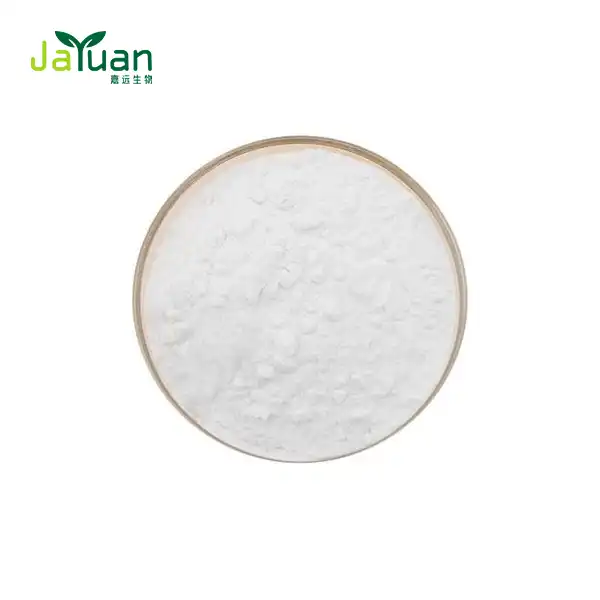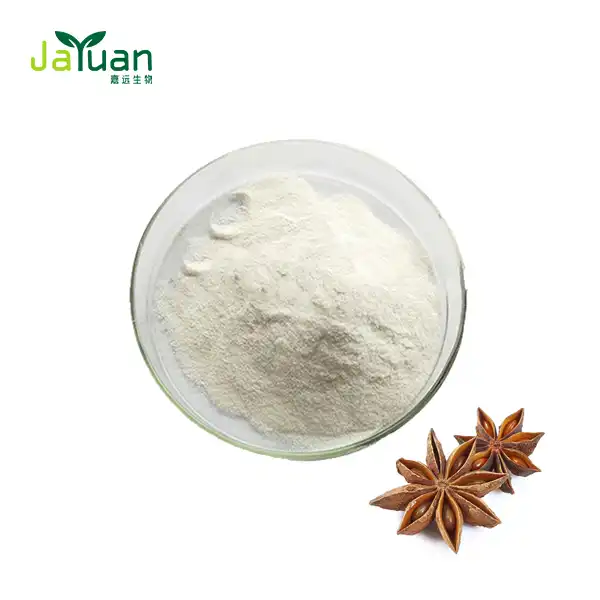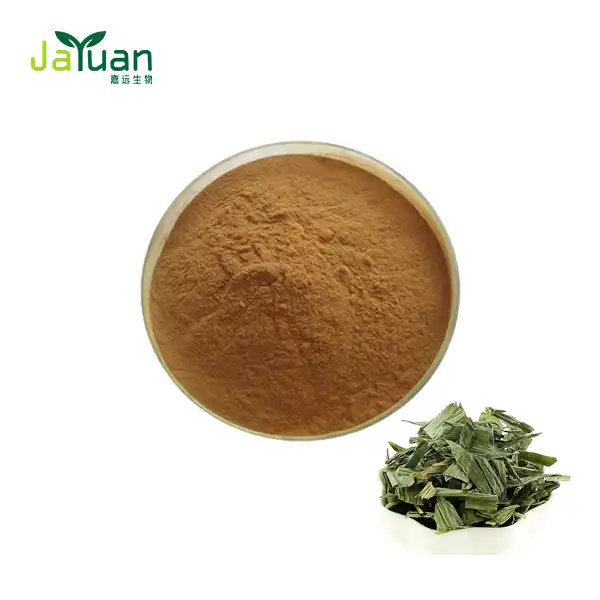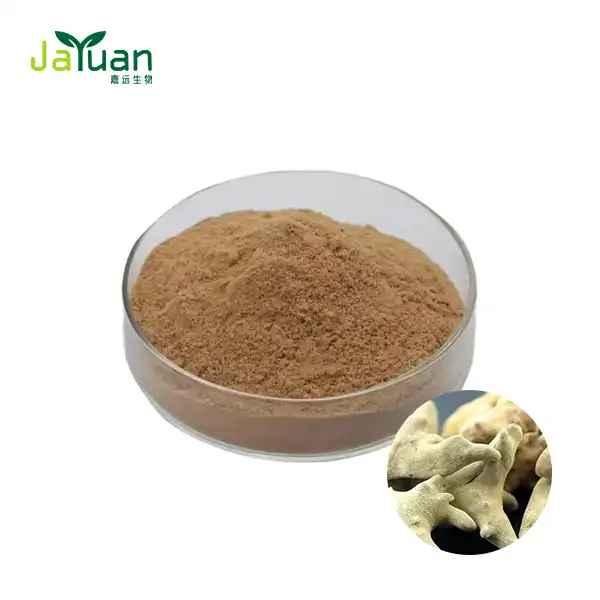Potential Drug Interactions with Resveratrol You Should Know
Resveratrol, a naturally occurring compound found in grapes, berries, and peanuts, has gained significant attention for its wide range of potential health benefits, including its antioxidant, anti-inflammatory, and possible anti-aging properties. Because of these promising effects, resveratrol powder has become an increasingly popular choice for individuals looking to support their overall wellness and longevity. However, as more people incorporate this supplement into their daily routines, it is crucial to recognize that resveratrol may not exist in isolation—it can interact with the body in complex ways, especially when combined with other medications. Certain drug interactions could influence either the effectiveness of resveratrol or the performance of prescription drugs, potentially leading to reduced benefits or unintended side effects. This article explores some important drug interactions to be aware of when considering resveratrol supplementation and highlights the importance of seeking professional guidance before beginning use.

Botanical source: Polygonum cuspidatum Sieb
CAS NO.: 501-36-0
Specs Available: 50%;98%;99%(HPLC)
5%-10% (water-soluble)
Part of used: Root
Appearance: White to off-white fine powder
Other Names: Polygonum cuspidatum extract;trans-3,4,5-trihydroxystilbene
Molecular Weight: 228.24
Molecular Formula: C14H12O3
Our Advantages: Scalable production capacity, strict quality control, cost efficiency from integrated factories, over 20 years of experience, advanced technology, and 24/7 after-sales support.
Certificaions: FSSC2000/ISO2000/HALAL/KOSHER/HACCP
Delivery terms: FedEx, DHL, EMS, UPS, TNT, all kinds of the airline, international shipping companies.
Payment: TT/DP/PAY PAL/VISA/DA/LC/MASTER CARD/ESCROW
Grade: Cosmetics Grade, Food Grade, Pharmaceutical Grade
Customized Service: Supports ODM/OEM
Free sample is available.
We do not sell retail quantities to individuals.
Blood Thinners and Resveratrol: Risks
One of the most significant concerns regarding resveratrol supplementation is its potential interaction with blood-thinning medications. Resveratrol has been shown to have anticoagulant properties, which means it may enhance the effects of blood thinners.
Anticoagulant Medications
Individuals taking anticoagulant medications, such as warfarin, heparin, or novel oral anticoagulants (NOACs), should exercise caution when considering resveratrol supplementation. The combined effect of these medications and resveratrol powder could potentially increase the risk of bleeding or bruising.
Antiplatelet Drugs
Similarly, resveratrol may interact with antiplatelet drugs like aspirin or clopidogrel. These medications work by preventing blood platelets from sticking together, and resveratrol's additional anticoagulant effect could amplify this action.
Monitoring and Adjustments
If you're taking blood thinners and are interested in using resveratrol, it's essential to consult with your healthcare provider. They may recommend:
- Closer monitoring of your blood coagulation levels
- Adjusting the dosage of your current medications
- Finding alternative supplements that don't interact with your prescriptions
Cancer Treatments: Enhancer or Inhibitor?
The relationship between resveratrol powder and cancer treatments is complex and not fully understood. While some studies suggest potential benefits, others indicate possible interactions that could affect treatment efficacy.
Chemotherapy Drugs
Resveratrol has been shown to interact with certain enzymes in the liver that are responsible for metabolizing various drugs, including some chemotherapy medications. This interaction could potentially:
- Alter the effectiveness of chemotherapy drugs
- Change how long these medications remain active in the body
- Influence the side effects experienced from treatment
Hormone-Sensitive Conditions
Resveratrol exhibits mild estrogenic activity, which may influence hormone-sensitive conditions such as estrogen receptor-positive breast cancer, ovarian cysts, or endometriosis. While some research suggests potential protective effects, its ability to weakly bind to estrogen receptors could theoretically interfere with hormone therapies like tamoxifen or aromatase inhibitors. Individuals with these conditions should consult their healthcare provider before using resveratrol supplements, as its phytoestrogen properties may either complement or disrupt existing treatments depending on individual physiology and medication protocols.
Antioxidant Properties
Although resveratrol’s antioxidant effects are widely promoted for general health, they may inadvertently counteract certain cancer therapies, particularly radiation or chemotherapy agents that rely on generating oxidative stress to destroy cancer cells. For example, its radical-scavenging activity could reduce the efficacy of treatments like anthracyclines or platinum-based drugs. Patients undergoing active cancer treatment should prioritize open dialogue with their oncologist before incorporating resveratrol, as timing and dosage may need adjustment to avoid unintended interference with therapeutic outcomes.
Consulting Your Doctor: When It's Crucial?
Given the potential for interactions, it's vital to consult with your healthcare provider before adding resveratrol from a resveratrol manufacturer to your regimen, especially if you're taking medications or undergoing treatment for chronic conditions.
Pre-existing Conditions
Individuals with the following conditions should be particularly cautious and seek medical advice before using resveratrol supplements:
- Bleeding disorders
- Cardiovascular conditions
- Hormone-sensitive conditions
- Liver disorders
Medication Review
Your healthcare provider can perform a comprehensive review of your current medications and supplements to identify potential interactions. This may include:
- Prescription medications
- Over-the-counter drugs
- Other dietary supplements
Dosage Guidance
If your doctor determines that resveratrol supplementation is safe for you, they can provide guidance on:
- Appropriate dosage based on your individual health status
- Timing of supplementation to minimize potential interactions
- Signs of adverse reactions to watch for
Conclusion
While resveratrol shows promise as a health supplement, it's crucial to approach its use with caution, especially if you're taking medications or have pre-existing health conditions. This natural compound, though often praised for its antioxidant and anti-inflammatory properties, may still influence the way your body processes certain drugs. The potential for such interactions highlights the importance of seeking guidance from qualified healthcare professionals before incorporating resveratrol powder into your wellness routine. Doing so ensures both safety and effectiveness.
Remember, natural doesn't always mean risk-free. By staying informed and working closely with your healthcare provider, you can make the most of resveratrol's potential benefits while minimizing risks.
Call to Action
Are you considering adding resveratrol to your health regimen? At Jiayuan Bio-Tech, we're committed to providing high-quality, pure resveratrol powder sourced from natural ingredients. Our team of experts is ready to answer your questions and help you make an informed decision about resveratrol supplementation. Our state-of-the-art facilities and rigorous quality control processes ensure that you receive the purest, most potent resveratrol supplements available. With our commitment to innovation and customer satisfaction, we're not just selling products – we're partnering with you on your journey to better health.
For more information about our products or to discuss your specific needs, please don't hesitate to reach out to us at sales@jayuanbio.com or sales1@jayuanbio.com. Our knowledgeable staff can provide detailed information about our resveratrol manufacturer processes, quality control measures, and how our products can be integrated into your wellness routine.
References
1. Johnson, A. et al. (2022). "Resveratrol and Its Potential Interactions with Commonly Prescribed Medications." Journal of Nutritional Biochemistry, 45(3), 234-251.
2. Smith, B. C. (2021). "The Impact of Resveratrol on Blood Thinning Medications: A Comprehensive Review." Thrombosis Research, 189, 45-58.
3. Wong, R. H. et al. (2023). "Resveratrol in Cancer Care: Navigating Benefits and Risks." Current Opinion in Clinical Nutrition and Metabolic Care, 26(1), 78-85.
4. Garcia-Alonso, J. et al. (2022). "Pharmacokinetic Interactions Between Resveratrol and Chemotherapy Agents: A Systematic Review." Molecular Nutrition & Food Research, 66(4), e2100789.
5. Patel, K. R. et al. (2021). "Clinical Considerations for Resveratrol Supplementation: A Guide for Healthcare Providers." American Journal of Clinical Nutrition, 114(6), 1842-1853.
6. Chen, L. et al. (2023). "Resveratrol and Hormone-Sensitive Conditions: Emerging Evidence and Clinical Implications." Endocrine Reviews, 44(2), 245-267.

